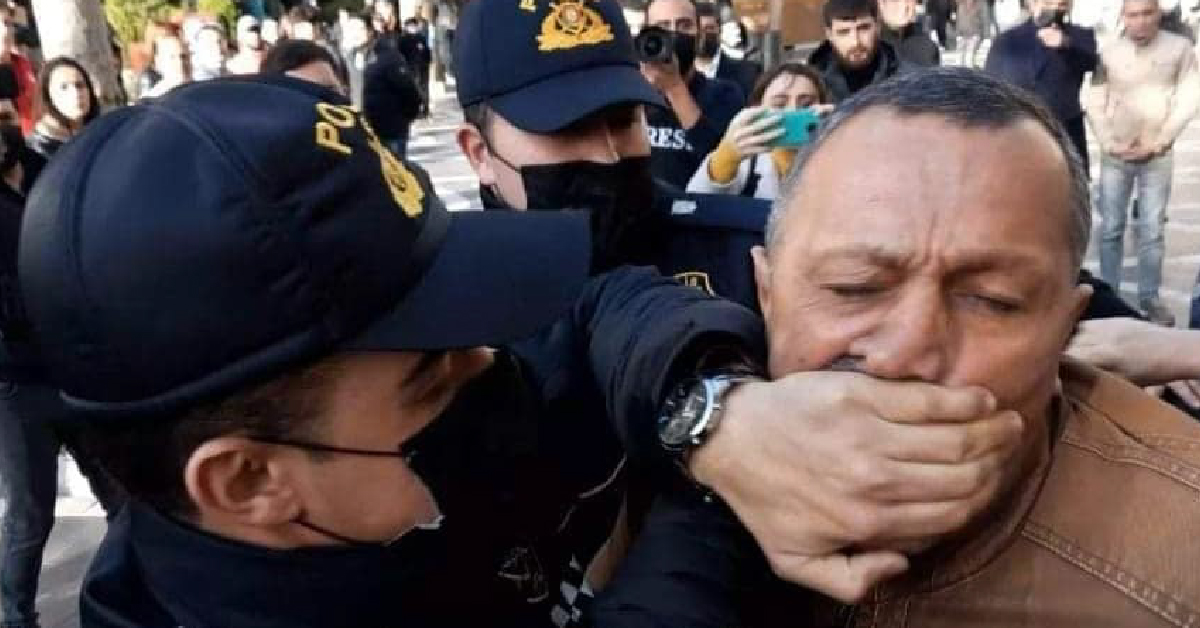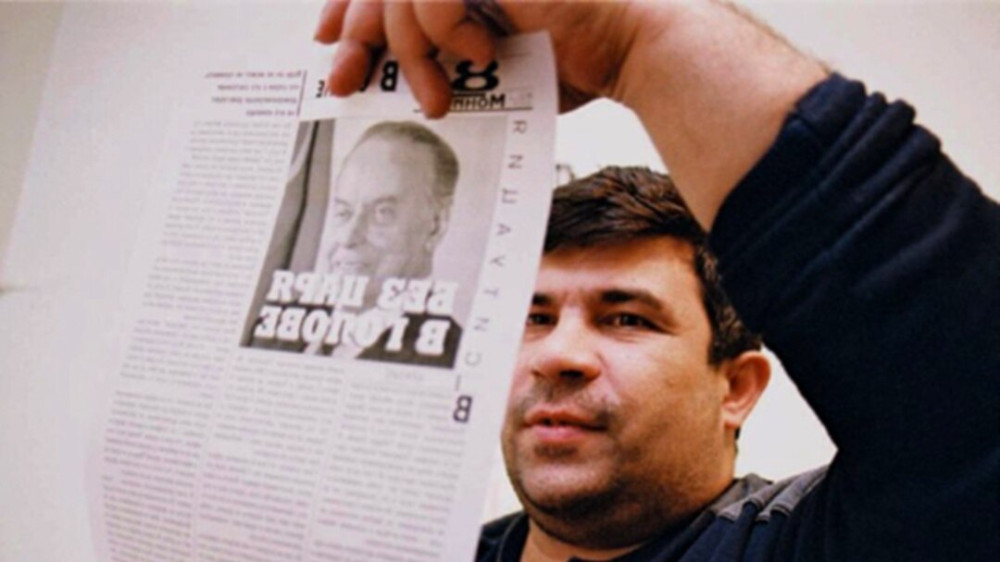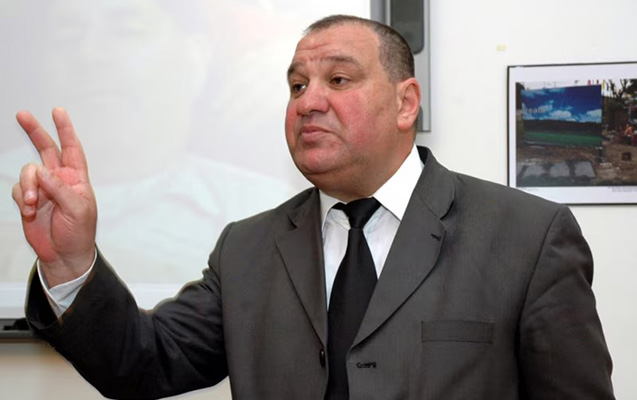“GEGHARD”
SCIENTIFIC ANALYTICAL
FOUNDATION
2026
2026
2024-11-20

In Azerbaijan, individuals with opposition views are constantly persecuted. As a result of the policies implemented by the regime in Baku, such individuals, if they remain in Azerbaijan, either end up either jailed, or killed, or are forced to leave the country and settle abroad. Aliyev family adopted this policy immediately after coming to power and has been carried out more explicitly during Ilham Aliyev's rule.
Back in 2005, Elmar Huseynov, the founder and editor of the Monitor magazine, was murdered in front of his home. Despite Ilham Aliyev describing Huseynov’s killing as a "smear" on the state's image and pledging that everything possible would be done to solve the crime and punish those responsible, no serious steps were taken. The investigation accused two Georgian citizens of the journalist's murder, but the motives behind the killing were never revealed. Activists believe that the reason for Huseynov's murder could have been his professional activities, as he was known for his critical stance against the authorities.

It should be noted that Huseynov had started his journalistic career back in 1995. After his murder, his wife and young son emigrated to Norway.
Another political activist, Tofig Yagublu, has been a member of the Musavat Party since 1992. His political activism has repeatedly drawn the attention of the authorities over the years. Back in 2013, Yagublu was charged under Articles 220.1 (organizing or participating in mass disorders accompanied with violence, breaking, arson, or destruction of property) and 315.2 (resistance or application of violence against a representative of authority) of the Criminal Code. He was subsequently sentenced to five years in prison. In 2016, the activist was released following an amnesty decree signed by Ilham Aliyev.
The brutal beating of Tofig Yagublu sparked significant public outcry. On December 1, 2021, in the Sabail district, Yagublu participated in a rally organized to demand the release of Saleh Rustamli, who had been detained and was on a hunger strike. The activist was subjected to physical violence and moral pressure by employees of the Ministry of Internal Affairs, which triggered a strong reaction from the public.
In an interview, the oppositionist stated that after being detained, he was taken to a police station where the beating continued. Despite the widespread circulation on social media of photos showing Yagublu's injuries as evidence of the physical abuse he suffered, the head of the Ministry of Internal Affairs' Press and Public Relations Department, Ehsan Hajiyev, dismissed those claims as baseless.

Another Azerbaijani opposition figure, Vidadi Isgandarli, who had settled in France, was murdered in September 2024 in his own home. Three masked people entered his apartment and stabbed him. Isgandarli had worked for many years in the judicial system and later led the "Assistance for the Protection of Democracy" organization in Azerbaijan.

Vidadi Isgandarli had been one of the active critics of the Azerbaijani government. His brother, Ogtay Isgandarli, in an interview with the BBC said that the conflict between his brother and the Azerbaijani authorities had started back in 2010, following the parliamentary elections.
In the 2010 parliament elections, Isgandarli had run as a candidate in the Goychay-Aghdash electoral district. Following this, he was charged with "obstructing voters' electoral rights," "hooliganism," and "theft" (for allegedly stealing jewelry from members of the election commission). Later, the theft charge was dropped, but he was arrested on other charges in 2011. In 2013, he was released due to a pardon by the Azerbaijani president. After the release, hte moved to Georgia in 2015, and two years later, he relocated to France, where he was granted political asylum.
It is important to note that Isgandarli was known on social media for his strong criticism of the Azerbaijani authorities, particularly through videos on the YouTube related to the Aliyev family.
As these facts demonstrate, under the authoritarian regime in Azerbaijan, not only are the rights of oppositionists violated, but the freedom of speech and expression of all citizens is also severely undermined. In order to ensure their physical safety, oppositionists are forced to leave the country and settle abroad.